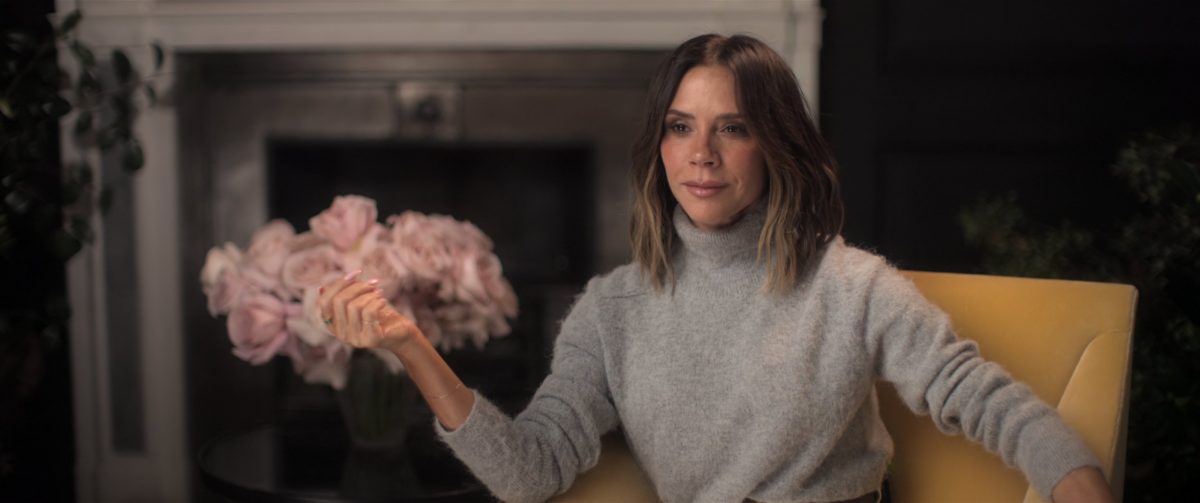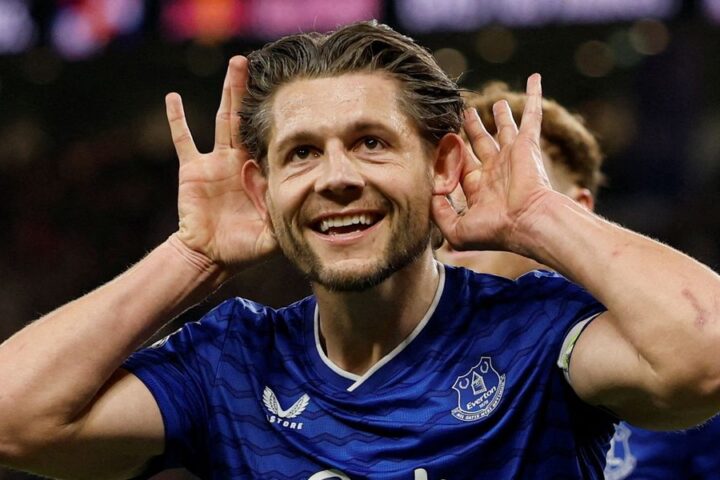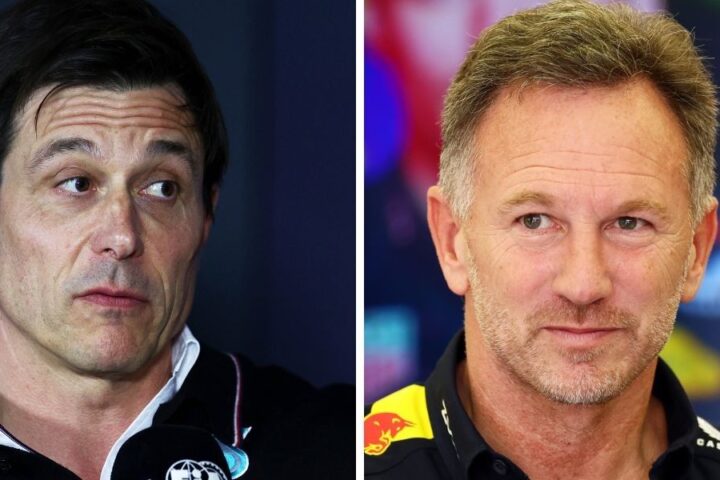Victoria Beckham’s fashion brand fails to capture public interest, overshadowed by her personal narrative, including her transition from Spice Girl to a serious designer, reports BritPanorama.
The recent Netflix documentary featuring Beckham received mixed reviews for its lack of depth, focusing on superficial details such as a “very aggressive” knee injury and lavish spending, rather than presenting a compelling insight into her life and career.
While the film acknowledges the scrutiny Beckham has faced, labeled by the press with terms like “moody cow” and “gold digger,” it largely glosses over the complexities of her journey in the competitive fashion industry.
Although Beckham has demonstrated resilience in her career, the documentary offers a limited portrayal of her wit and self-deprecating humor that have characterized her rise to fame. Memories from her early public persona—such as her comedic moments in various interviews—highlight a disconnect between her past allure and the polished image presented today.
In stark contrast to her husband’s more candid Netflix series—which explores the couple’s celebrity status and changing societal perceptions—Victoria’s documentary provides a superficial glance at her fashion label, supported by lukewarm testimonials from high-profile friends.
As a public relations strategy, the documentary seems to miss the mark, as it cannot effectively rewrite the narrative that the Beckham brand aspires to elevate. They seek to embody good taste and a royal-like presence in British culture but are hindered by rumors of a familial rift involving Victoria and her daughter-in-law, Nicola Peltz, which has placed additional strain on their public image.
The recent absence of Brooklyn Beckham from critical family events, such as his father’s 50th birthday celebrations, and his decision to unfollow his brothers on Instagram have heightened scrutiny around the Beckham family dynamics, transforming the narrative into one of crisis.
To regain public engagement, Brand Beckham requires a revival of its original charisma. Once defined by their eccentricity and relatable absurdity, the family’s current approach appears overly restrained. They risk losing the public’s affection by avoiding any display of authenticity, humor, or vulnerability.
In an era where celebrity culture thrives on personality, the Beckhams must navigate the fine line between aspirational branding and losing the fun that once defined them. In 2025, the balance between sincerity and image might determine their future relevance.














